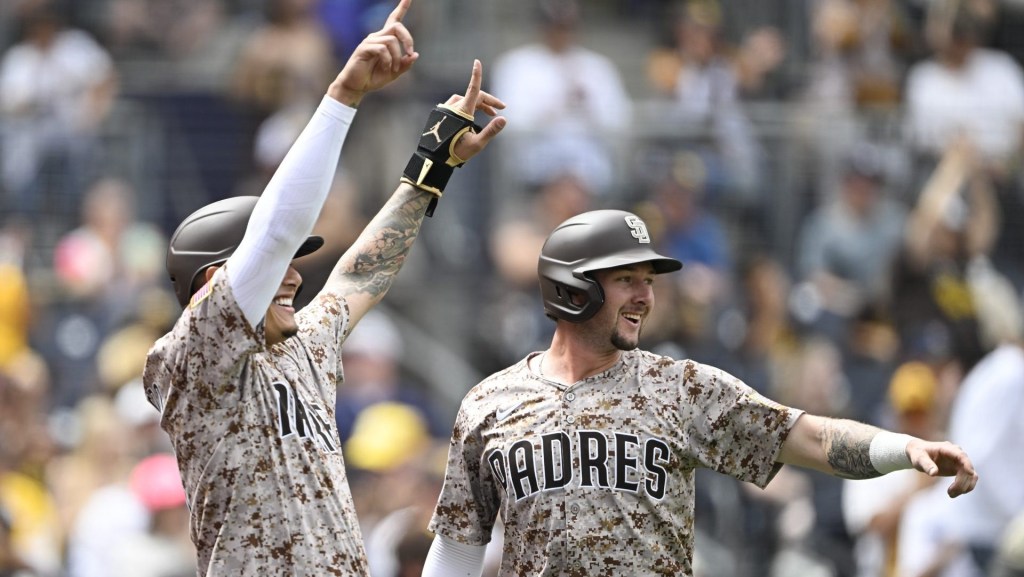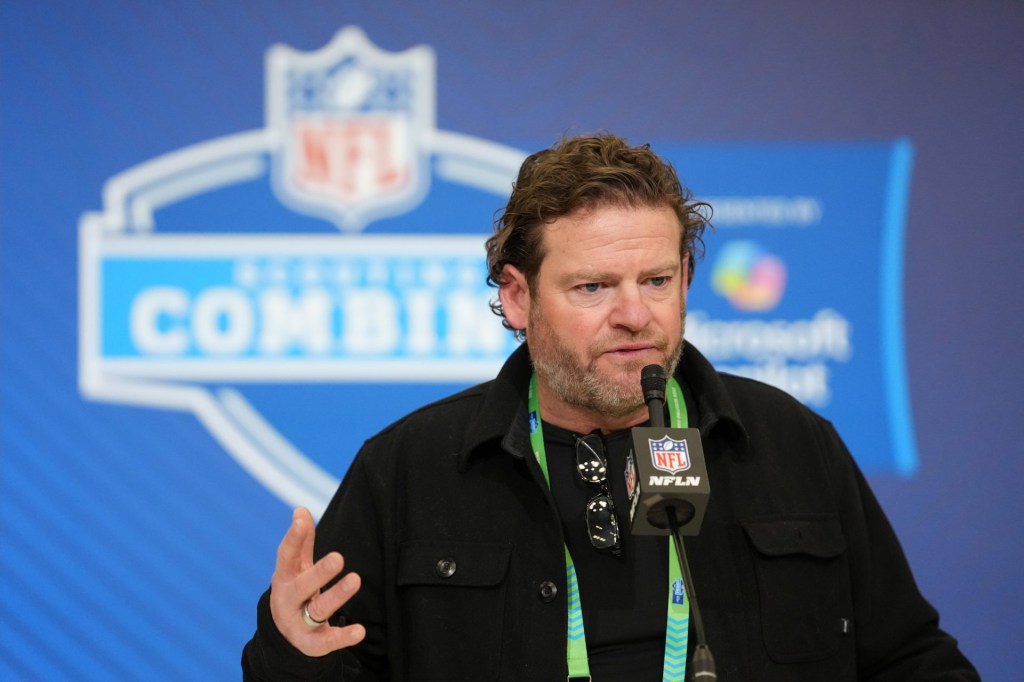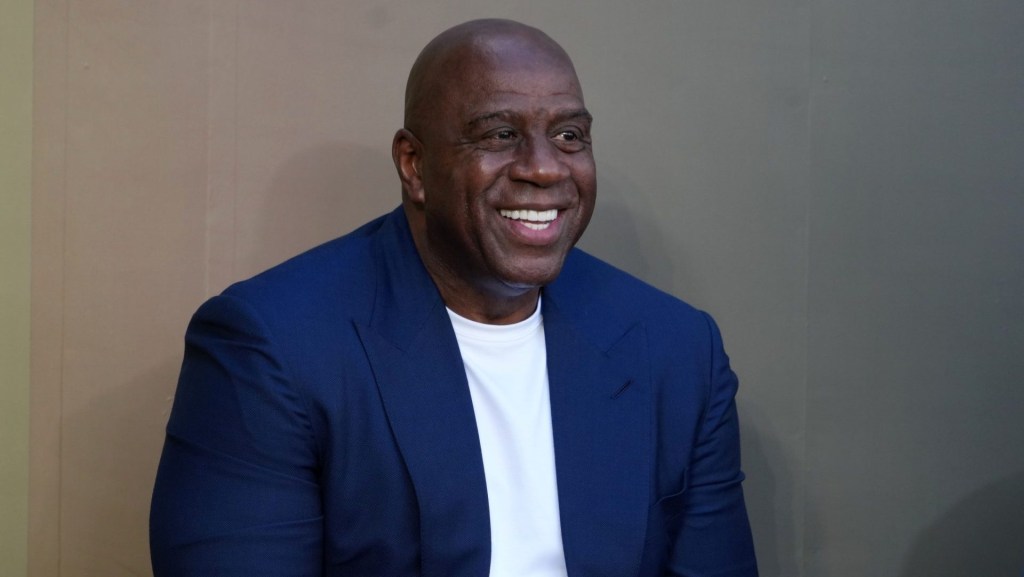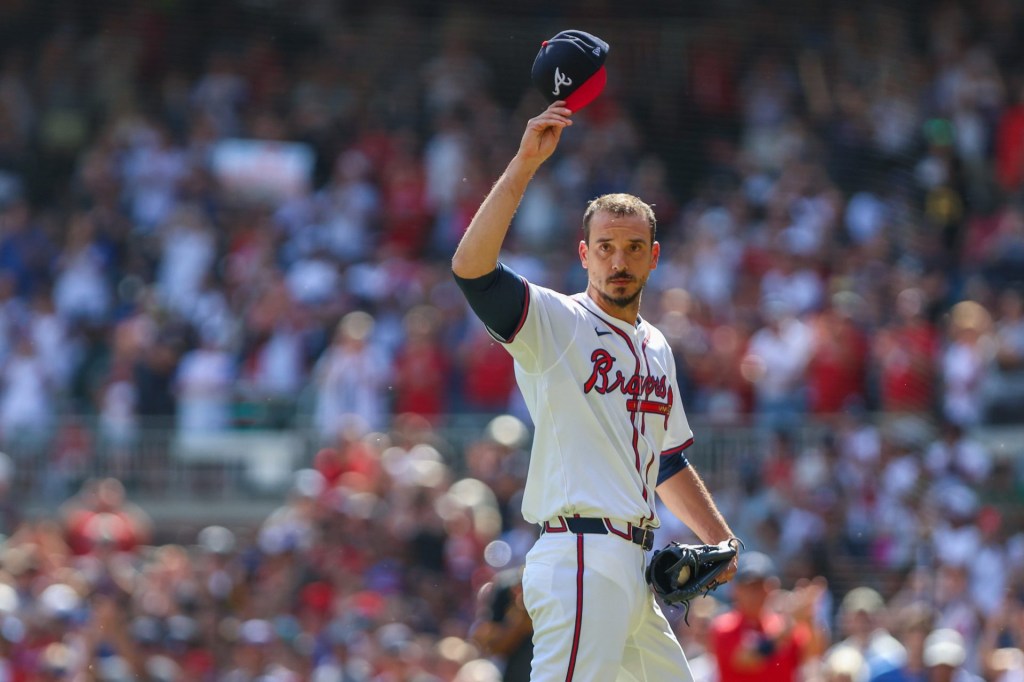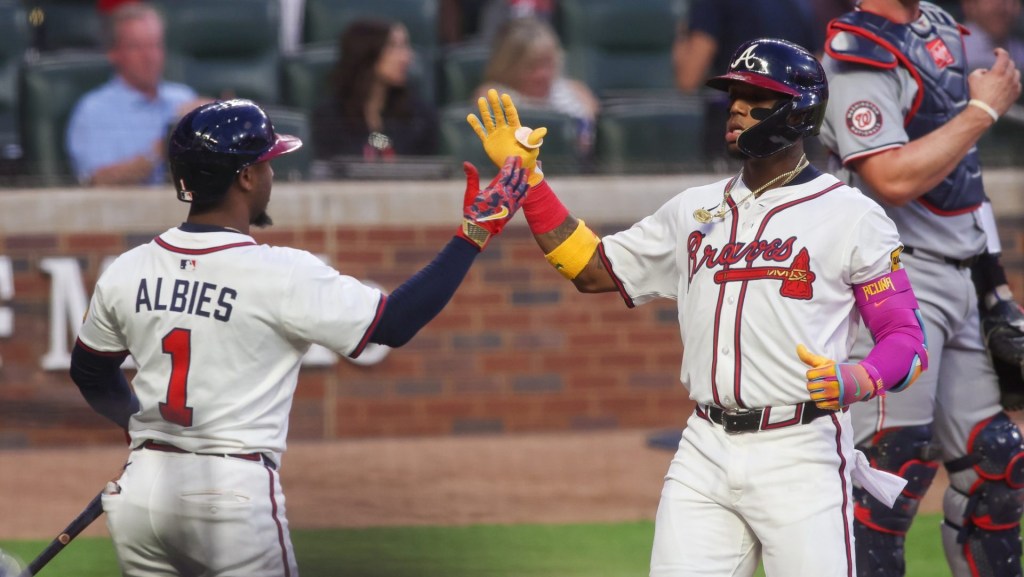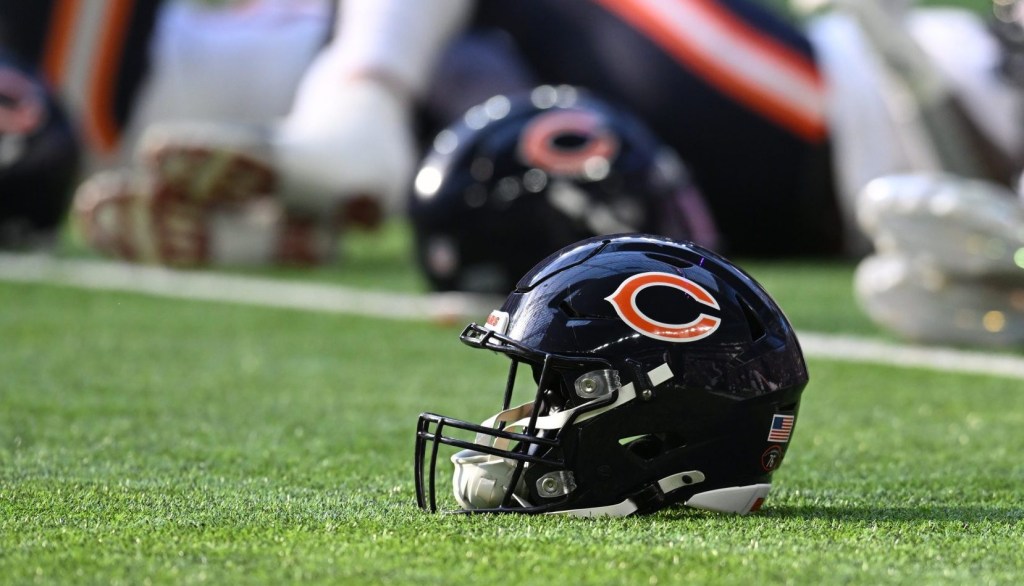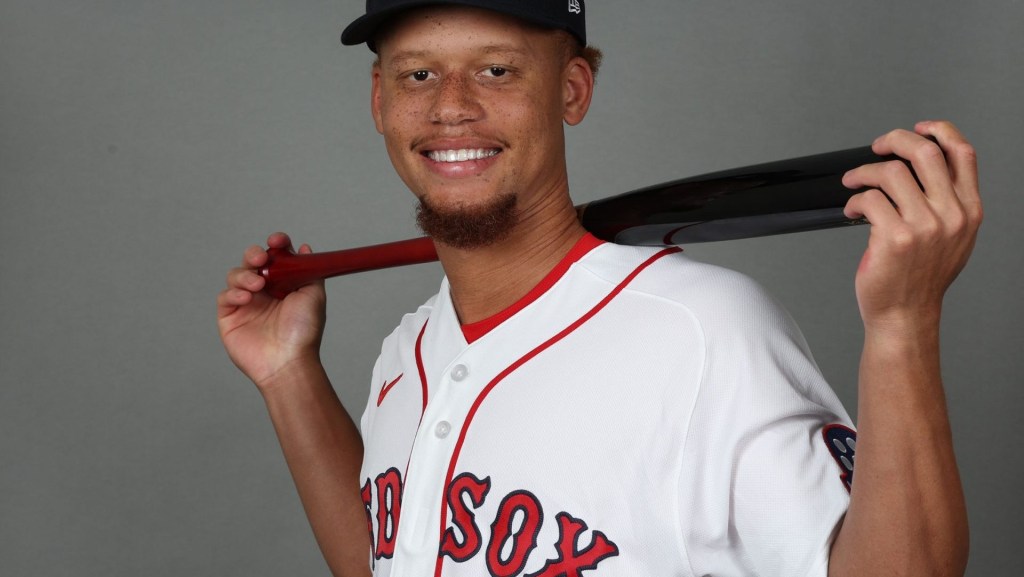On June 15, Bayern Munich forward Harry Kane laced up his cleats and took the pitch at TQL Stadium in Cincinnati for his squad’s opening match of the Club World Cup. Kane, the highest-paid of the Bundesliga champions, makes about $555,000 weekly on his current contract.
His opponent in last Sunday’s match, Auckland City FC, pays its players 150 New Zealand dollars (or roughly $90) per week. Bayern won 10–0, a Club World Cup record.
The amateur New Zealand club is an anomaly at the 2025 Club World Cup. The revamped tournament is FIFA’s attempt to plant a flag in the lucrative club soccer market that rakes in millions of dollars annually for UEFA and the major European leagues. FIFA has said its tournament will bring together the best clubs in the world to decide the true global champion.
As the Oceania Football Confederation’s most successful team, Auckland City is no stranger to FIFA’s club tournament. The team has played in the Club World Cup a dozen times, won bronze in 2014, and earned their spot this year by winning the most OFC Champions League titles in the four-year qualification period. But as FIFA greatly expanded the tournament this year from seven teams to 32 with a purse of $1 billion, the tournament regulars are now in an awkward position.
Auckland City went up against Portuguese club Benfica on Friday and lost 6–0. They’ll play Argentine side Boca Juniors Tuesday before heading back home.
“We found the initial concept to be really exciting, because we’d been to so many smaller Club World Cups and this felt like an evolution,” general manager Gordon Watson tells Front Office Sports. “Where else would we have the opportunity to play Bayern Munich?”
The uneven box score translates off the pitch. Auckland City is on the bottom end of FIFA’s participation award scale—the amount the governing body pays teams just to show up. The highest-earning clubs in Europe—Chelsea and Manchester City—get $38.19 million, while the Oceanian team receives $3.58 million. On top of the existing discrepancy, Auckland City could end up with an even smaller cut due to an ongoing legal battle over the money with New Zealand Football.
“We’ve never been in this for the financial reward,” Watson says. “[The players] return on investment is all emotional, spiritual, and passion-driven. They don’t and we don’t have the luxury of massive budgets and dishing out contracts, it’s not like that at all.”
The players on Auckland City don’t make a soccer salary; their roughly $90 weekly stipend is the maximum amount the national federation allows to cover expenses like cleats and gas. The athletes have day jobs ranging from teachers to warehouse staff, and many have to take unpaid time off to play in the Club World Cup.
“I’ll be suffering a bit with the rent and bills and stuff like that, but to play against Bayern, Benfica, and Boca, 100% it’s worth it,” goalkeeper Conor Tracey said after the first match.
Being the tournament’s only amateur club isn’t glamorous. The team flew from Auckland to San Francisco but missed their connection en route to a friendly against MLS’s Philadelphia Union. The traveling party of about 55 people split up on economy flights, some through Denver, others through Washington, D.C., and eventually all made it to Philadelphia.
But Watson says the tournament has been “functionally excellent,” and highlights the welcoming volunteers at the team’s home base in Chattanooga, Tenn. (When reached, FIFA declined to comment on this story.)
In addition to playing some of the world’s top clubs, Auckland City is competing in front of much larger crowds than usual. Matches back home bring in “between 1,200 and 2,500 on a good weekend,” Watson says. Their two Club World Cup games recorded official attendance of 21,152 and 6,730 fans, and well-traveling Boca Juniors fans should provide a large crowd for Tuesday’s sendoff in Nashville.
The next time the Club World Cup rolls around in 2029, the new OFC Professional League starting next year without Auckland City FC will replace the current FIFA qualifying system. That means professional squad Auckland FC, backed by Vegas Golden Knights owner Bill Foley, could end up in the next Club World Cup.
But this year, amateur Auckland City FC is soaking it in—excessive heat warnings and all.
“Has this competition been beneficial to our football club? Absolutely yes. The profile’s been raised, our social media’s going crazy, there are opportunities that may present themselves commercially,” Watson says. “Have we competed? Well, to a certain extent we’ve done the best that we possibly can. But we did lose 10–0, we did lose 6–0, and we’ve got one more game to come.”


![[Subscription Customers Only] Jun 15, 2025; Seattle, Washington, USA; Botafogo owner John Textor inside the stadium before the match during a group stage match of the 2025 FIFA Club World Cup at Lumen Field.](https://frontofficesports.com/wp-content/uploads/2026/02/USATSI_26465842_168416386_lowres-scaled.jpg?quality=100&w=1024)
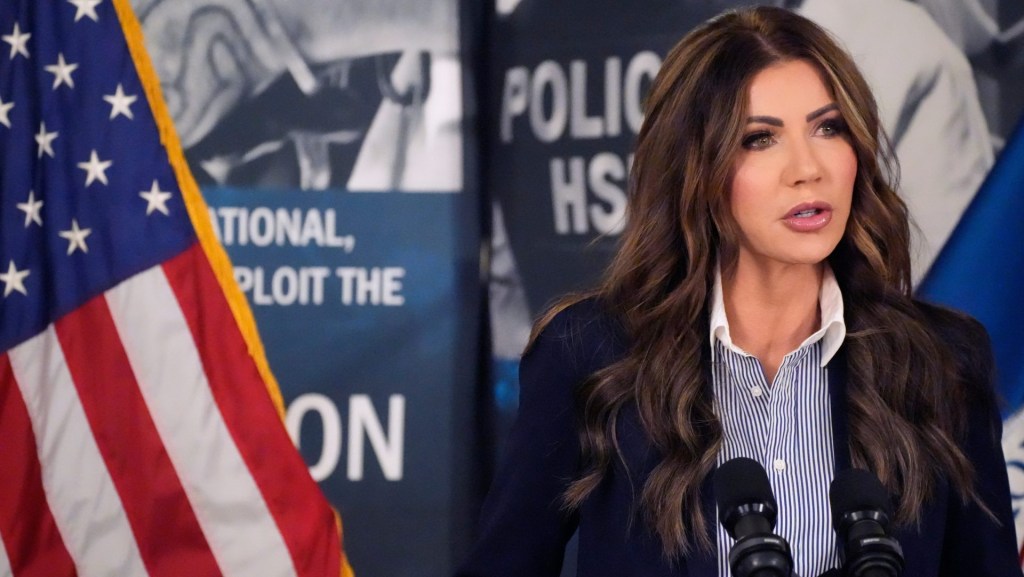
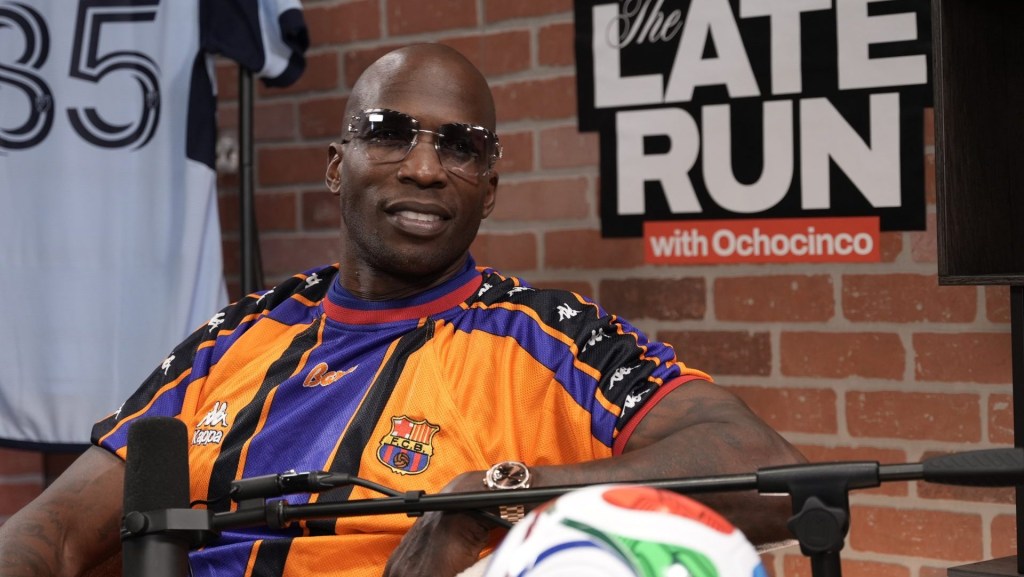

![[Subscription Customers Only] Jul 13, 2025; East Rutherford, New Jersey, USA; Chelsea FC midfielder Cole Palmer (10) celebrates winning the final of the 2025 FIFA Club World Cup at MetLife Stadium](https://frontofficesports.com/wp-content/uploads/2026/02/USATSI_26636703-scaled-e1770932227605.jpg?quality=100&w=1024)


